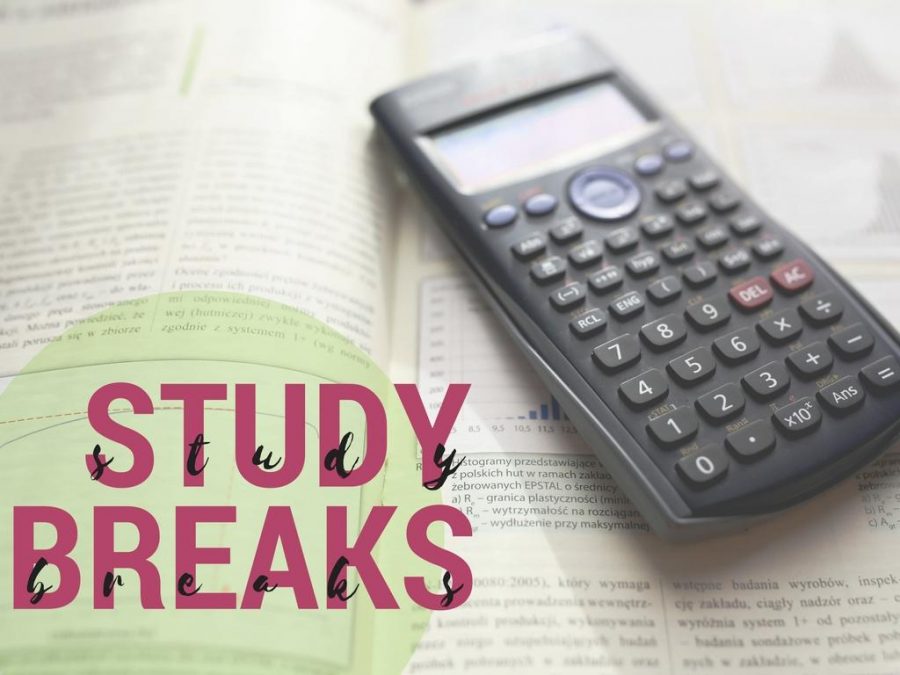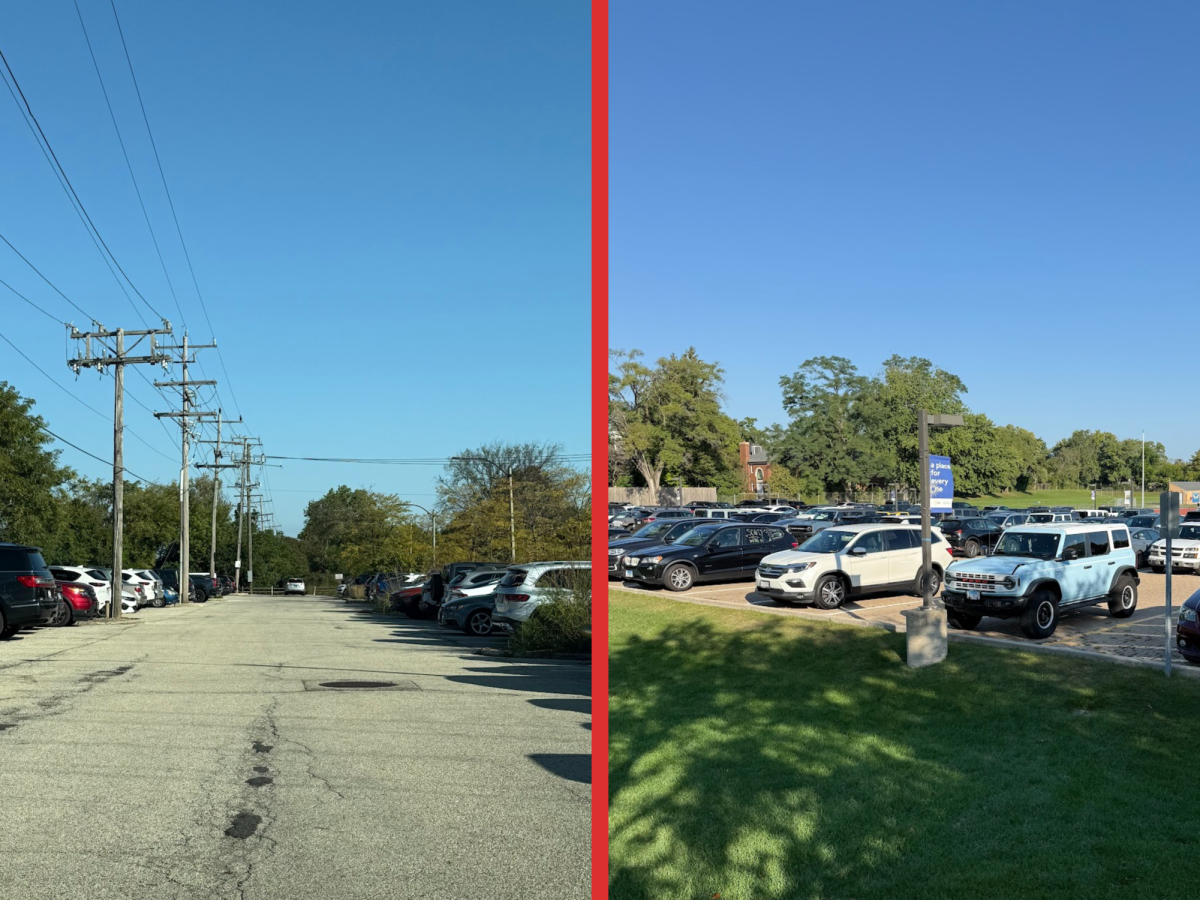Brain fried, hand cramping, eyes straining—we all know the drill. Grueling hours of (mostly) uninterrupted concentration, clock-hand cycles of meticulous mental laboring, and not a thing in the world could sound more appealing than a Netflix marathon. After sifting through mountain of packets, tearing through tens of pages of study guides, running the ink dry from what seems to be one hundred highlighters, one could want nothing more than to sink their hands into a bag of popcorn and let their exhausted hamburger-meat brain melt.
Study breaks, especially during this final stretch of the first semester, are well-deserved rewards for our efforts. Preparing our minds for final exams can’t go without the occasional break (though four-hour Netflix bingeing sessions aren’t always the most helpful). With only three nights left until first semester finals commence this coming Tuesday, we invite you to consider our study break do’s and don’ts.
What to Do:
Take your eyes off the screen. As computers have become the primary workspace for many students—everything from Quizlet and Google Drive to essays and crash course videos—study breaks on cell phones have become a dangerous outlet. Instead, try to take your eyes off the screen for a while. Take a walk outside, strum at an instrument for a while (Note: It is not advised you learn a whole new instrument—if you already play an instrument, a short jam-session can be just the thing you need to refresh your cluttered mind), organize your desk space, make yourself a snack, work on a puzzle. Just try to stay away from the computer until you need to.
Be active. Exercise while studying can be a healthy way to get your mind off of finals for a little while. Studies have shown the connections between physical exercise and higher mental processes of memory, as well as increasing the ability to juggle different intellectual tasks at the same time–a few endorphins can go a long way.
Stretch a little. Keeping your body healthy and active, working your muscles, while you study can help to keep the mind loose. Cramping up from sitting in a chair at your desk for long periods of time can make your mind stiff, as well. Make sure you’re comfortable while you hit the books.
Eat healthy. Nothing productive can happen on an empty stomach. Being well-fed can impact your focus while studying. Blueberries, yogurt, avocado toast, vegetables and hummus—the delicious possibilities are endless. Instead of filling yourself with Cheetos and potato chips, try fueling yourself with some brain food. (But, don’t forget to treat yourself every once in awhile. Indulging isn’t so bad, and chocolate or a little treat can be a great incentive.)
Talk to someone. Whether you phone or Facetime a friend to chat for a bit or seek out family members in the house to talk, conversation can be a great outlet for stress during finals prep. Hours of independent studying can be lonely, and human interaction is something the mind can’t go without to keep sane. Talk about something that doesn’t require analytical thinking for a while—your mind will thank you.
What Not to Do:
Check up on social media. It’s easy to gravitate towards the lure of your cell phone when taking a break from studying, but a five-minute Instagram and Snapchat refresher can easily turn into half an hour. If you find yourself itching to take a scrolling spree, try putting your phone on airplane mode.
Watch a movie. Even if you tell yourself you’ll just watch ten minutes and finish it later, don’t. Treat movies as rewards for your work. Set aside time at the end of the day for you to binge, but try not to use a movie as another way for you to procrastinate.
Start a new TV show. We’ve all been there—”oh, but I’ll only watch one episode!” False. Starting a new series becomes a slippery slope, my friend. A twenty-minute episode can be alright to unwind and clear your mind, but be weary of the temptation to watch eight episodes at a time.
Take a nap. Power naps can be healthy and effective to completely refresh your body and mind, but the temptation to hit snooze can become stronger than the will to get up and study. (However, if you do plan on power napping, it’s helpful to elevate your feet to go above your head while you sleep, as blood flow to the brain maximizes the effectiveness of your sleep. Prop your feet up with a few pillows if you do plan on taking a quick snooze.)
Get off schedule. Making time for yourself to get in whatever studies you need is extremely important. Do not underestimate the power of a good checklist! In whatever study break you decide on, be sure not to let your me-time seep into your work time. Set an alarm, do whatever it takes to keep yourself on task!







